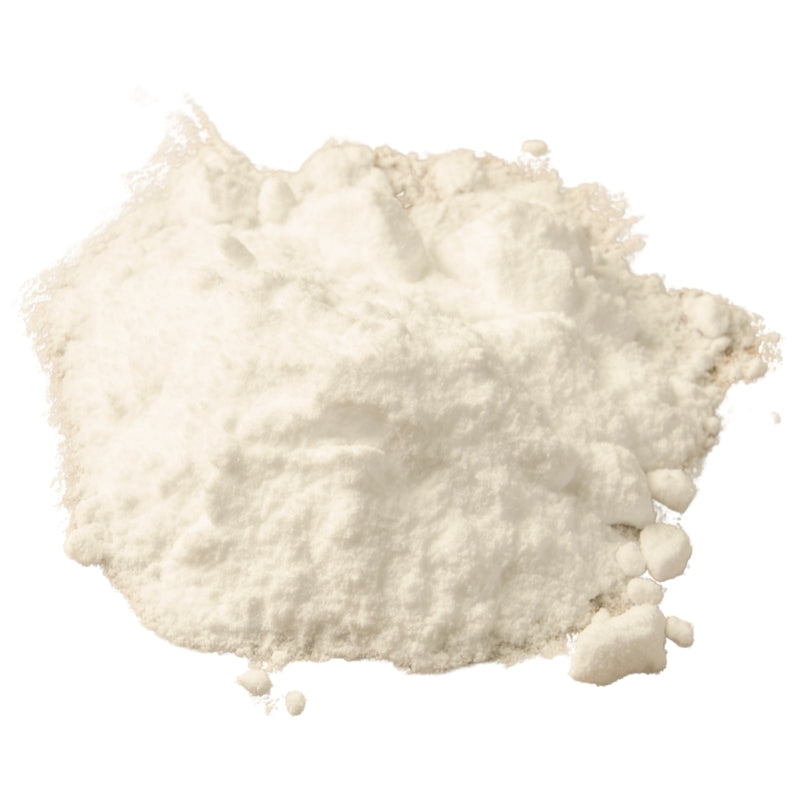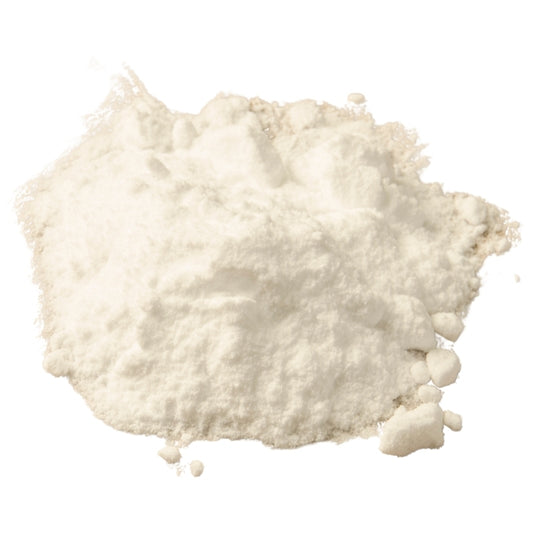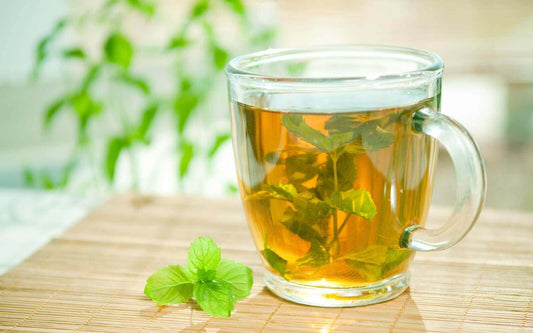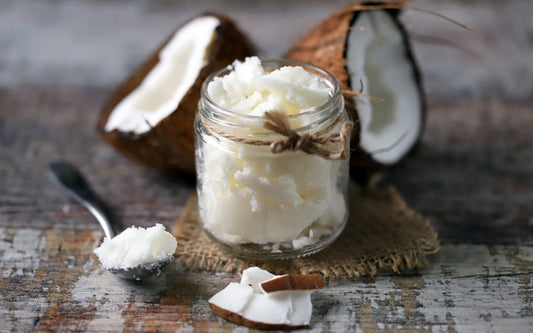
DIY Natural Toothpaste!
Juliette van der MeerAlthough not a recent invention, homemade or natural toothpaste has again come to the fore with the 'plastic free' movement that is currently sweeping the globe. DIY toothpaste has been on my blog topic list for a while, so I thought now would be a good time to share thoughts and recipes.
Why DIY A Toothpaste?
Conventional toothpastes are sniffed at by a range of folk, from zero-wasters to health conscious moms to big-corporation skeptics. The reasons vary, to name a few:
- the obvious plastic tube waste issue.
- the dislike of fluoride and the chemicals found in toothpastes.
- those who believe dentists who recommend using fluoride toothpaste are on the payroll of the giant toothpaste companies!
A huge concern in toothpaste is microbeads. These are miniscule plastic 'beads' usually made of polyethylene, found in body washes, soaps and in toothpaste as exfoliants, colorants and texture. Microbeads are so small that they can't be caught by water filter systems and they land up in water bodies and oceans. Fish mistake them for food and ingest them, and in turn humans can ingest the plastic. Microbeads in toothpaste can also get stuck in our mouths and act as a trap for bacteria; they may even be a cause of gum disease. The little bits of plastic soak up not only bacteria but all kinds of toxins, pesticides, phthalates and heavy metals on their journey, which wind up in the stomachs of sea animals and humans. Yuck!
Is A DIY Toothpaste Possible?
Thankfully, there are some great DIY toothpaste recipes out there, which eliminate all of the above issues. They contain only natural ingredients, are free of chemicals, generally safe to swallow (don't swallow on purpose, but if it does happen, don't worry), contain no artificial sweeteners, colourants or flavourants, and don't pollute the environment. So if you want to try some alternatives, consume less plastic waste and go chemical free, read on!
What Do You Need For A Good DIY Toothpaste?
The point of toothpaste is to give your toothbrush (by the way, I hope you're using a bamboo one and not plastic!) something to brush into your teeth to help clean, polish and whiten. A good toothpaste needs:
- Ultra fine granules to polish away plaque.
- Something that gets rid of bacteria and balances your mouth's pH.
- Maybe a probiotic to add good bacteria to your mouth.
- An ingredient to remineralise teeth and delay decay.
- Something to freshen the breath.
- A whitening agent (optional as any stains should be removed by polishing).
Here are a list of common ingredients in DIY toothpastes, as well as their pros and cons:
- Baking soda is alkaline, pH balancing, a gentle stain remover and reduces periodontal pathogens. Some dentists say it is abrasive on your teeth, others say it's fine. Use smaller amounts if you are worried.
- Xylitol is a naturally occuring sugar alcohol. It is remineralising and can reduce cavity formation. Unlike sugar, it is not converted to tooth-decaying acids in the mouth. It actually reduces bacteria in the saliva. Again, some dentists say it's a no no, others say it's fine.
- Stevia is an alternative to xylitol and many prefer it. It is a sweetener extracted from the leaves of the stevia plant and completely natural.
- Bentonite clay is a mild abrasive, detoxing and remineralising. It is also alkaline. If using, make sure you use a non-metal mixing utensil.
- Himalayan salt is pH balancing and healing. It can yield a very salty tasting toothpaste though!
-
Peppermint essential oil is fresh and antibacterial.
Other essential oils that are good for toothpaste are tea tree, clove, cinnamon, spearmint, myrrh and orange. - Coconut oil reduces streptococcus mutans bacteria.
- Cacao powder/nibs are pleasant tasting and can whiten teeth. It is a mild abrasive and loaded with trace minerals and nutrients.
- Cinnamon is also a pleasant tasting addition.
- Activated charcoal is for whitening. It also detoxes and draws out toxins. Some say it may grind your enamel down, so gently smear over your teeth instead of brushing.
- Diatomaceous earth is a mild abrasive and contains trace elements.
- Fluoride strengthens teeth, but there are those who consider it a poisonous chemical. To me, the research wins: fluoride is naturally occuring, is beneficial to teeth and prevents decay; however the problem arises with exposure to too much fluoride.
- Calcium and magnesium for added remineralising.
- Various other minerals and probiotics for helping along the good bacteria in your mouth. If using probiotics, go for the FOS (Fructooligosaccharides) probiotics.
Your basic baking soda toothpaste recipe contains baking soda, coconut oil and some essential oils for taste and freshness. You can then start to add in extras such as probiotics, bentonite clay, cacao, a sweetener like stevia or xylitol and minerals such as calcium and magnesium, if you wish.
Here are some recipes to get you started!





























5 comments
Hi there Londiwe,
We can gladly send you the percentages to work out bulk doses, which one in particular? :)
Kindest regards,
Essentially Natural Support
Please share bulk dosages
Hi, our newer recipes are in grams or percentages :)
If you can give your calculation in grams it would be easier for us to learn or understand
THIS IS NICE AND WILL BE HELPFUL TO ME